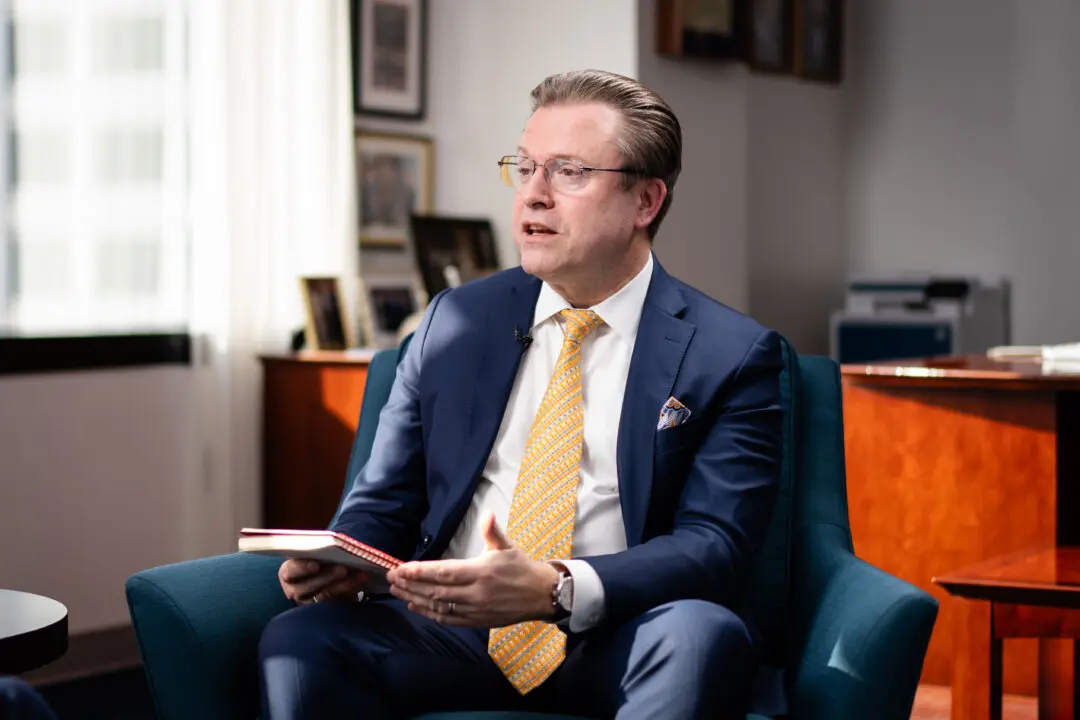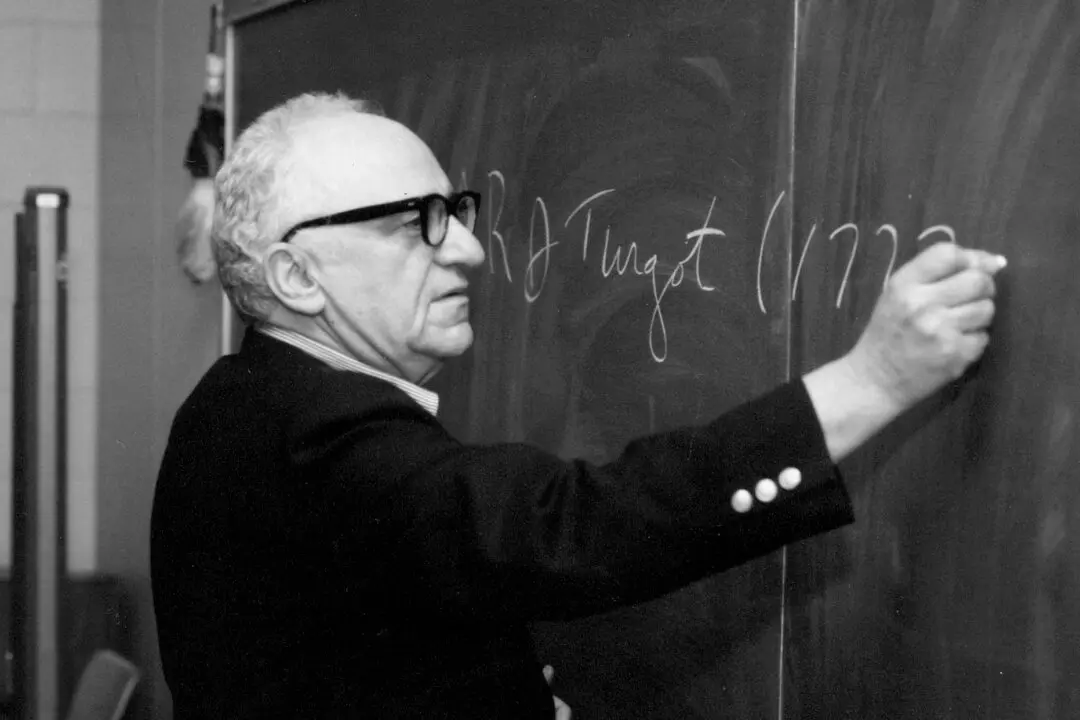Commentary
With the world reopening, and even U.S. blue states and cities repealing mandates, how optimistic should we be? A little bit is warranted, but not that much. What we are seeing right now in Ottawa, Canada, reveals the hegemonic depth of the system that gave us lockdowns, then mandates: It’s now capable of freezing your accounts and essentially starving you and your family.





